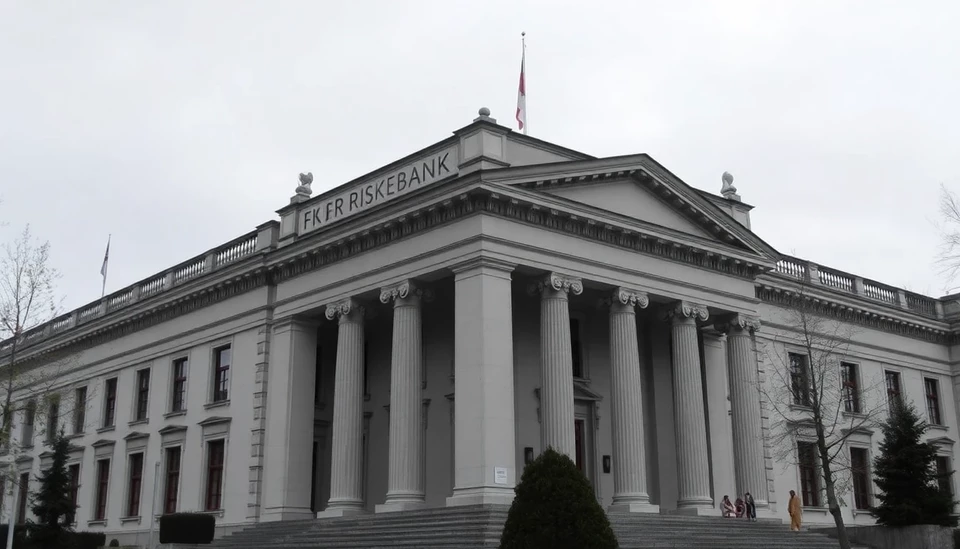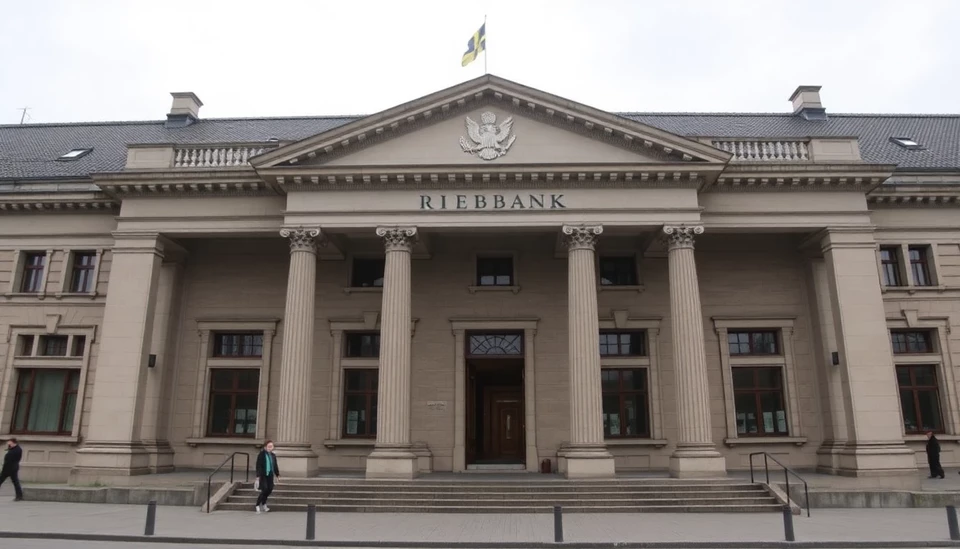
In a significant shift in monetary policy, Sweden's central bank, known as the Riksbank, is anticipated to implement another cut to interest rates in its upcoming decision scheduled for February. This move reflects ongoing concerns about slowing economic growth and the consequences of rising inflation pressures. The monetary policy action is expected to echo the broader trends seen across Europe, as central banks grapple with maintaining economic stability amidst a fluctuating global landscape.
The Riksbank's upcoming meeting has garnered keen interest from economists and market analysts, who are closely monitoring indicators that inform the bank’s decisions. Recently, the bank has signaled a potential pivot from its previous stance, indicating that further adjustments to interest rates may be necessary to steer the economy towards a stable recovery while keeping inflation in check.
In addressing the current economic climate, analysts have pointed out that Sweden's economy has shown signs of slowing down. Growth forecasts have been revised downwards as inflation remains above the bank's target despite previous increases in interest rates aimed at curbing rising costs. The Riksbank is tasked with balancing the demands of a cooling economy while still responding to inflationary signals, which complicates the central bank's decision-making process.
Several factors contribute to the Riksbank's decision to consider a rate cut. Global uncertainties, including geopolitical tensions and supply chain disruptions, have persisted, impacting Sweden's export-driven economy. Additionally, domestic factors, such as consumer spending trends and labor market conditions, will also play crucial roles in shaping the central bank's outlook.
Market analysts predict that the Riksbank's decision could further influence the Swedish krona and impact bond yields, prompting some investors to adjust their portfolios accordingly. The anticipated rate cut may provide a brief boost to certain sectors, particularly those sensitive to borrowing costs; however, the long-term implications of such a move remain to be seen.
As Sweden braces for this potential interest rate adjustment, all eyes will remain on the Riksbank's official communication following the decision. Investors, businesses, and consumers alike are keen to understand the implications of this monetary policy shift for future economic activity and stability in the region.
In conclusion, Sweden's central bank is set to navigate a challenging economic landscape with its forthcoming interest rate decision. As the economy contends with various headwinds, the Riksbank's actions will undoubtedly be pivotal in shaping the trajectory of Sweden's financial future.
#Riksbank #InterestRates #SwedenEconomy #MonetaryPolicy #Finance #Inflation #EconomicGrowth
Author: Daniel Foster




